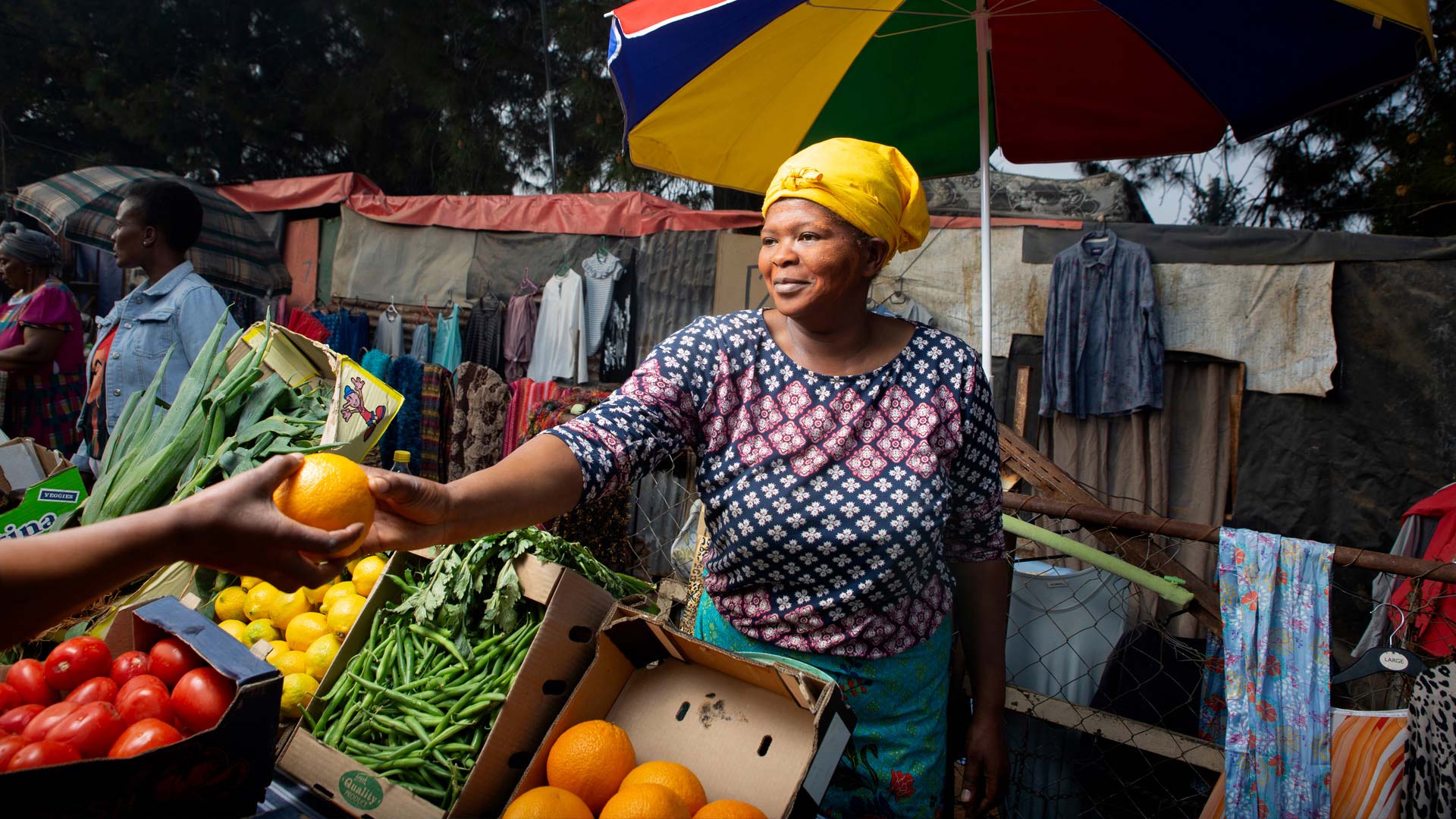BRICS is an international economic and political grouping of states designed to form an alternative cooperative bloc to ‘Western’ organisations such as the G7. The name is an acronym of its original constituent members Brazil, Russia, India and China, followed shortly after its founding by South Africa.
The BRICS project emerged almost 20 years ago in response to what was perceived as a Western-dominated process of economic transformation driven by ‘globalisation’, the shorthand term for the multinational process of production, distribution and consumption of goods enabled by progress in multilateral trade agreements, relaxing of restrictions on trade movements and tariffs, and growing ease and reduction in the costs of global logistics.
The BRICS coalition initially emerged as a platform for economic cooperation, but over time began to take on some aspects of political organisation. From the outset, it focused on providing a greater level of participation and representation for emerging and developing economies in multinational financial institutions.
The role of the BRICS New Development Bank in shaping international finance
In 2013, to further the agenda of both challenging and reforming global financial governance, BRICS launched the New Development Bank (NBD) at its summit meeting in Durban. The NBD was initially seeded with development funding of US$50 billion, thereby creating an alternative to the International Monetary Fund (IMF) – which at that time claimed to have US$630 billion at its disposal. In more recent times, however, changes in the global political picture have caused shifts in how BRICS sees its role.
At the 15th Annual Summit in SA held in August 2023, BRICS invited 6 new members – Saudi Arabia, Iran, the United Arab Emirates, Ethiopia, Egypt and Argentina – to join with effect from January 2024, with more countries to be invited in future. The move to expand membership not only shifts attention away from the growing political tensions that exist within the original BRICS grouping – between India and Russia for example, or the fallout over Russia’s invasion of Ukraine – but there is also a wider political and financial context, with multilateral institutions like the World Bank facing unprecedented challenges caused by recent geopolitical developments and global crises such as catastrophic climate change.
The expansion of BRICS is likely to continue, given the interest in joining expressed by the new membership. However, what are the implications for the political and business direction of the grouping? Will it provide an alternative to the global financial standard of the US dollar? Will the NDB become an alternative multilateral development finance bank for the Global South, in line with its purpose for the original BRICS members? At the moment, this picture is uncertain, but definite statements have been made about the short- to medium-term picture at the recent 15th BRICS summit.
A new BRICS currency
One proposal that created a stir at the 15th Summit came from Brazil’s President Lula da Silva, who pushed for the creation of a common currency for BRICS nations to trade and invest with each other, as a means of reducing their vulnerability to dollar exchange rate fluctuations.
A focus on BRICS trading partners might prove beneficial for businesses in the import/export sector that are expanding or changing markets
However, both South African and Indian officials denied that such a proposal was on the agenda for discussion. They confirmed that boosting trade in national currencies was discussed, including a move away from the dollar to do so. South African Reserve Bank Governor Lesetja Kganyago has previously pointed out the challenges involved in setting up a common currency, such as establishing a banking union, a disciplinary mechanism for banking regulations, and a common central bank with an agreed-upon mandate and physical location.
An important challenge reflects the geopolitical difficulties of the BRICS alliance – namely, the existing trade imbalances between member countries, with China dominating the trade flows, while flows between the other members are limited.
SWIFT vs BRICS: Exploring alternatives in capital flows
BRICS leaders stated that they want to promote the use of their national currencies in transactions between the BRICS countries instead of the US dollar, but sanctions imposed on Russia and the close trade linkages between the US and China are likely to inhibit a rapid transition away from the currency. Russia’s President Vladimir Putin stated at the 15th BRICS Summit that the ‘de-dollarisation’ of BRICS was ‘irreversible’. However, the process will likely be slow as the dollar still dominates global trade. It accounts for almost 90% of global forex transactions, while more than 50% of global foreign currency reserves are denominated in the US currency.
De-dollarising would need countless exporters and importers, as well as borrowers, lenders, and currency traders across the world, to decide independently to use other currencies. In addition, trading in multiple currencies would create massive administration costs.
This global economic reality also affects mooted plans for BRICS to adopt an alternative international payment system, replacing existing systems such as the dominant SWIFT (Society for Worldwide Interbank Financial Telecommunications).
The BRICS grouping has confirmed that it has tasked the finance ministers of member states to consider the issues of local currencies, payment instruments and platforms and report back at the 16th Summit to be hosted by Brazil in 2024. Their goal is to introduce a new international payment system that facilitates the extended use of local currencies.
However, it has poured cold water on the idea of creating a common currency in the medium term, citing the need for each member state to have their own central bank and monetary policy independence. In some cases, such as in SA, this is a situation that can only be changed by a constitutional amendment.
A focus on BRICS trading partners might prove beneficial for businesses in the import/export sector that are expanding or changing markets, but you need investment views on such transactions and partnerships that are fully informed and have a clear strategic outlook. Nedbank offers the advice and support you need – whether you own a small business with under R30 million in annual turnover or a larger commercial enterprise – to make the right business decision.








